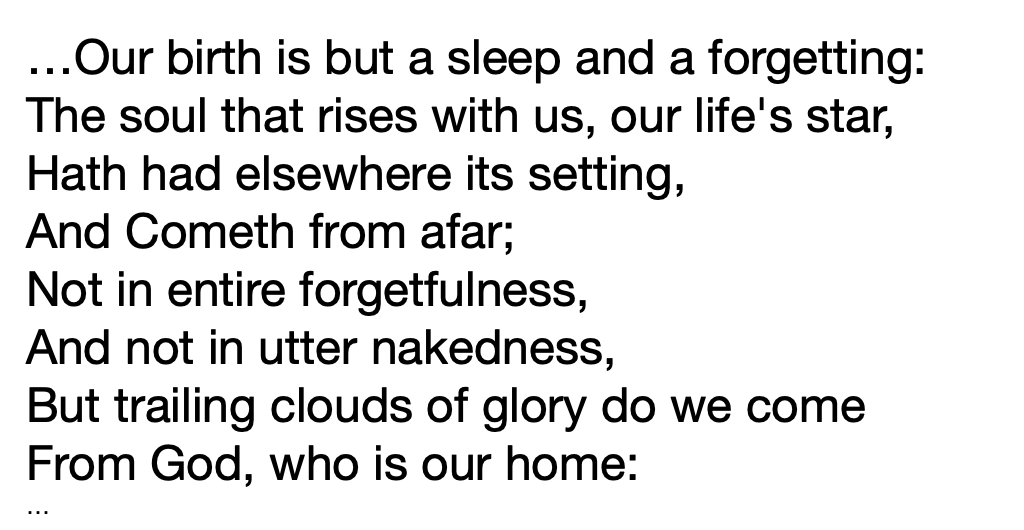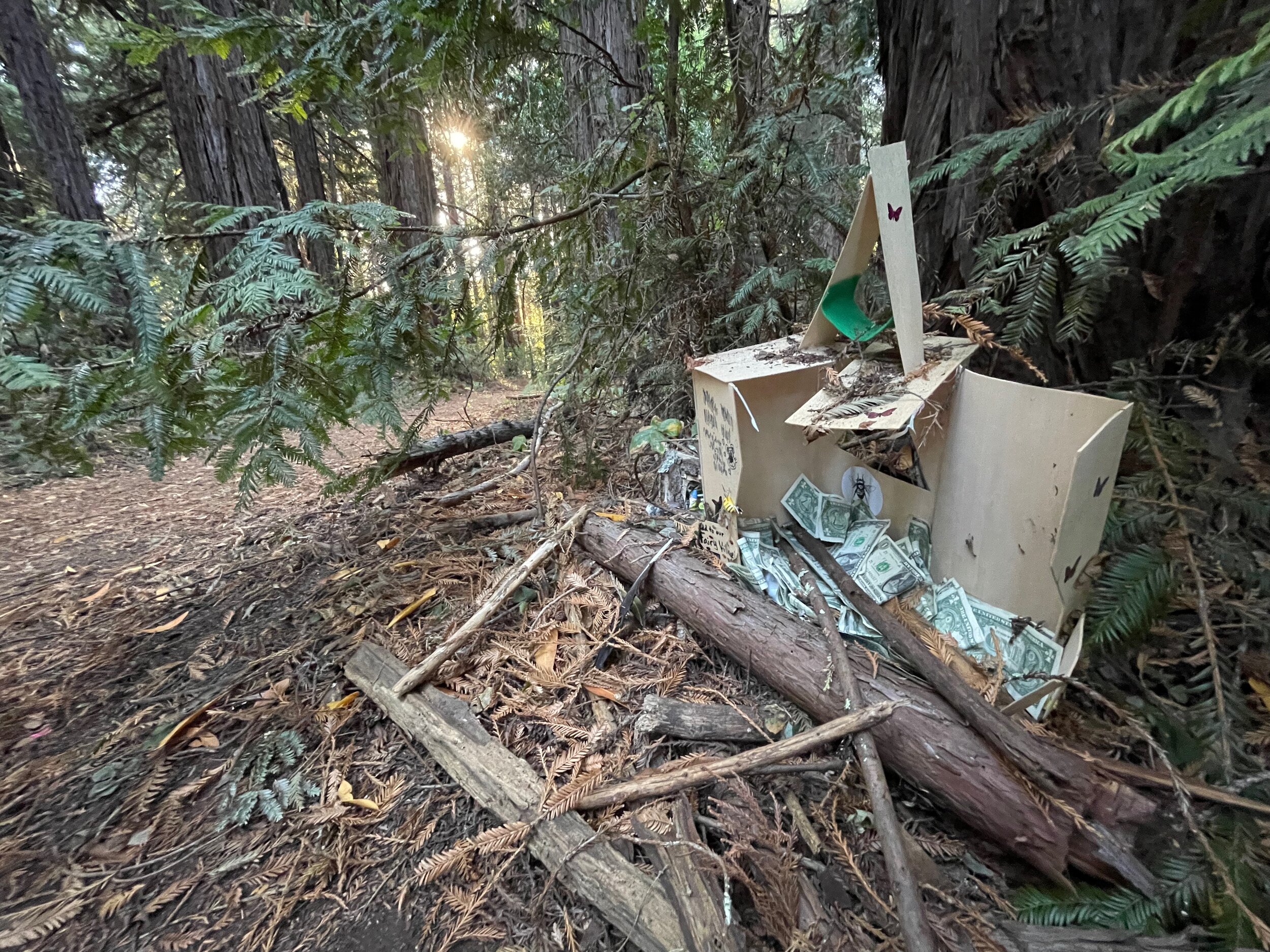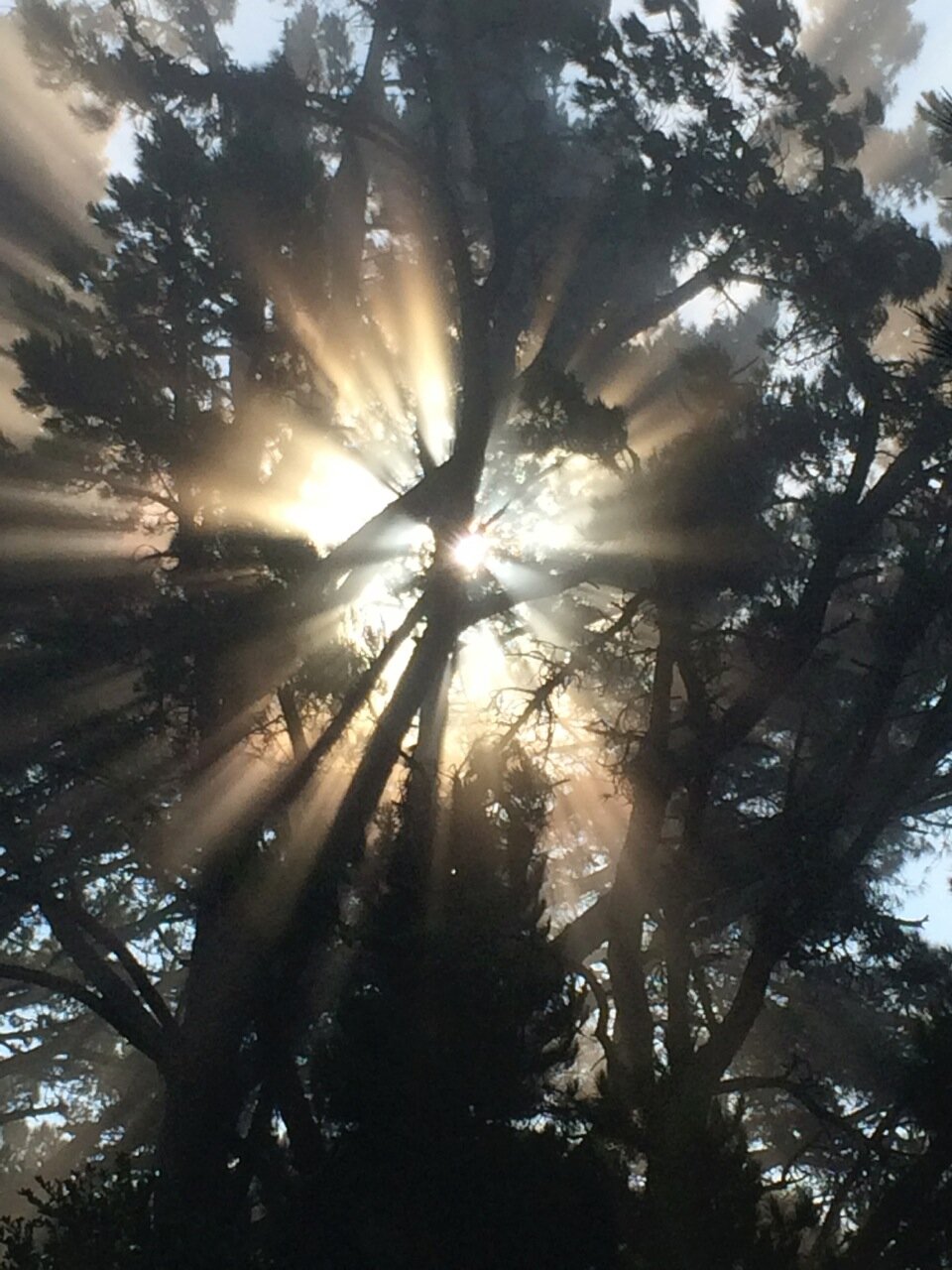It was about ten years ago when I began limping. I didn’t notice it, but others did. I talked to my doc and he suggested physical therapy, a foam column that I would contort myself around, like a horizontal pole dancer of the wrong sex and age. Six months and no change. Time for an X-Ray. “You’re a candidate for a hip replacement,” said the doc. “A candidate? Is this an election?” “It will only get worse,” he said, showing me the x-ray.
I could understand. The “No space here” was not a good sign.
He scheduled me for a new hip in three months or so, then told me that he could alleviate the discomfort with a steroid. “But,” he added, “If something opens up in the meantime you can’t have the surgery because of the steroid.” I declined the shot. A spot opened up about three weeks later, and I found myself in a waiting room, ready for “My New Hip.”
I wish I had taken the socks home with me.
The new titanium hip was just the beginning of what has become for me (and everyone), “The New Normal.” Although the first hip I received became infected and the operation had to be redone two weeks later, and I had to have a picc line in my arm and take antibiotics for several months, in the end all was, and is, well. I walk an average of 15,000 steps a day, work in the garden almost daily and, even though my flexibility has diminished, can manage with one flesh, bone, and blood hip, the other, metal. I’m used to it. It became my first new normal.
Then Dr. Kami, my dentist, advised me that in sleep I grind my teeth, and he advised me to wear a night guard, a molded device that I put in every night when I turn out the lights, then leave in until I wake in the morning.
I’ve always had issues sleeping. I couldn’t imagine that I could possibly sleep with such a thing in my mouth. I dreaded the first night, believing that I would doubtless lie awake for hours on end, frustrated and unhappy. I didn’t. I adjusted. I sleep with it every night. I’m used to it. It’s a new normal.
I have often asked people to repeat themselves, as I either couldn’t hear them well, or sometimes make out what they’re saying. I went to Kaiser to have a hearing test. My ability to hear, especially at the higher registers, has almost completely disappeared. So now I have hearing aids.
The little brown pieces rest over my ears and hold the electtronics. The black rubber pieces go in my ears. The stray wire fits into my ear and serves as an anchor so even in windy conditions the hearing aid remains in place. I can hear much better not only when people talk, but at the higher registers. When I leave the refrigerator door open, it speaks to me in voice I can now understand. It’s a new normal. I’m used to both the hearing aids and so many new normals..
While we’re on the subject of hearing…Six or seven years ago I woke up with a strange sound in my ears, a buzzing, or the sound that cicadas make every seventeen years, although mine was 24-7. I hoped it would go away. It didn’t. I had hoped that this sound, which I only heard when I was awake, might be related to a sinus infection, and that when the infection cleared up the buzzing would go away. No luck. I had an MRI. Again no luck. I talked to doctors at Kaiser, and they were concerned that my inability to accept this new normal might lead to something worse, that I might hurt myself. I couldn’t get rid of the sound, nor could I concentrate or anything else while I was awake. I was consumed. I tried mental gymnastics, cognitive behavioral therapy, white noises, drugs (Atavan), and meetings with doctors.
I called my sister-in-law, Janet, a licensed MFCC, looking for suggestions. She said, “Oh yes, I have tinnitus in one of my ears. It doesn’t hurt me. I can still hear. I can still do everything I’ve ever been able to do. It’s just there.” I took note. At one point I thought of the many thousands of dollars I would give away in trade for silence. Time went by. The number of dollars I had set aside to trade went down. After six or eight months I learned that not only could I live with it, but that I had accepted that I will never have silence again, but like in Janet’s case, it doesn’t hurt me, and I can still hear (see above). I’m used to it. This new normal business is adding up. Much as I would prefer to go back to some of the old “new normals” I’ve come to accept that that won’t happen.
So there are a host of new normals. I’ve gotten used to most of them more easily than I had expected, but some, (tinnitus), were challenging. Without the benefit of the passing of time, support from family, and one doctor I met in San Francisco, it would have taken longer, but I know now that it still would have happened. We adapt. No doubt there are many new normals to come.
But here are some new normals that I can’t get used to: One, Trump’s continuing presence in the American consciousness with his parade of lies about a stolen election; two, the sheer number (60%) of Republican believers who accept those lies, these enablers who promote Trump’s continuing presence in the American psyche; three, clowns like Lauren Boebert and Marjorie Taylor Greene, two hopelessly incompetent ignorant pawns, shallow liars whose elections reflect the ignorance of those enablers; four, the absence of meaningful prosecution of all of the above. When Biden was elected we all thought, “Finally!” We have waited ten months for indictments, prosecutions, and punishment. Instead, the morons who run the anti-American party, the QAnon believers, and their subscribers continue unimpeded and unchecked on their mission to mock the values that so many died to uphold.
It is a “New Normal”, unlike any of the others, and it’s damned depressing. It’s a new normal to wake up every morning, knowing that public servants are threatened by death for fulfilling their duties, doing their jobs. It’s a new normal to think that parents believe that they are entitled to dictate what children can and should learn from educators. It’s a new normal to find that the political party that accuses everyone else of cheating is doing all the cheating. It’s a new normal that that political party discourages voting and passes laws to restrict the ability to vote for those who aren’t rich and white. It’s a new normal to discover the woeful absence of courage and honesty among the elected. My personal “new normals” weren’t reversible. Perhaps these are. Forever the optimist.









































































































































